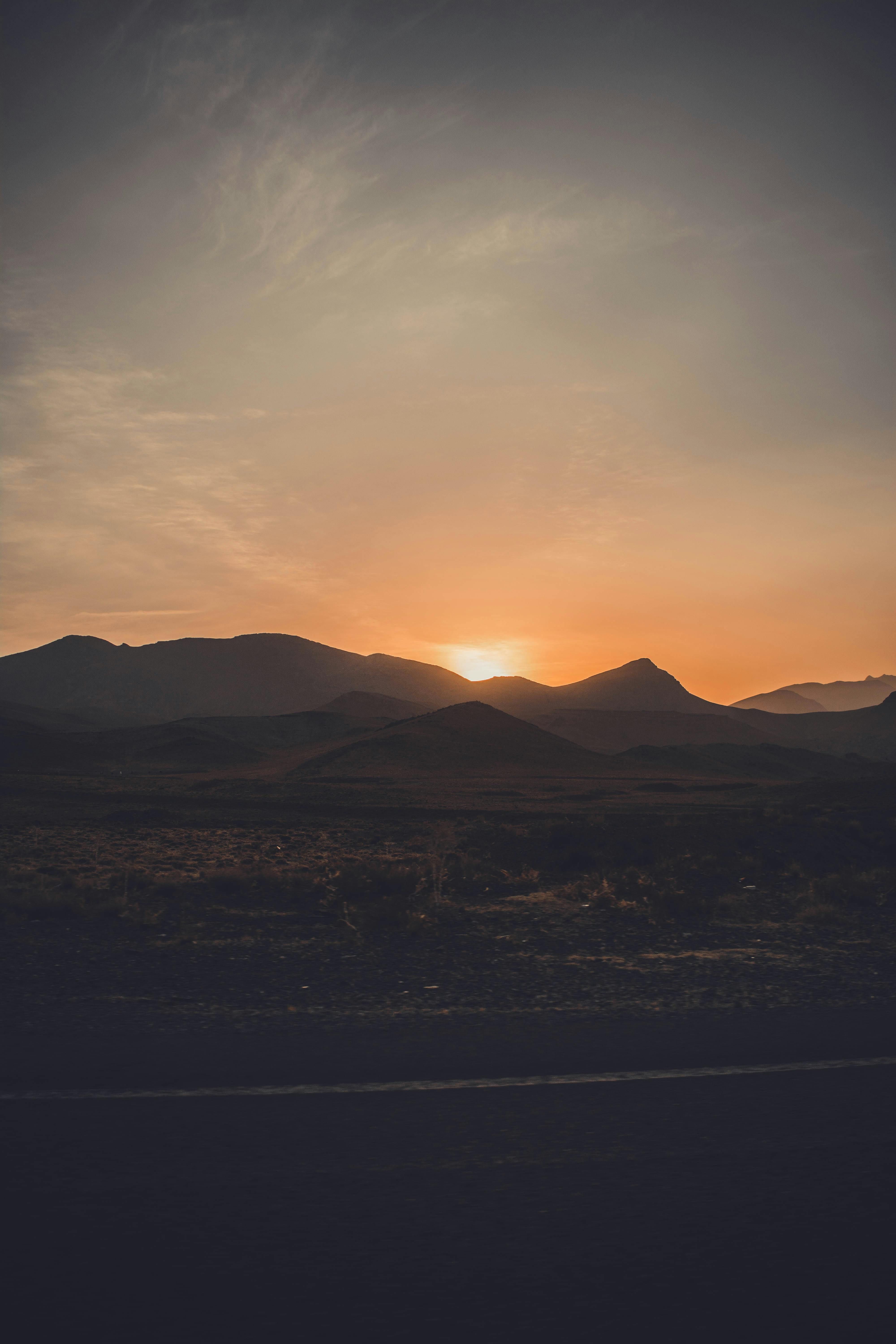Smoky Debut for Vatican's Papal Election: No Pope Yet after First Round
Voting held during the initial session of the Vatican conclave concludes with no winners declared.
Tension fills St. Peter's Square as the Conclave kicks off in the Vatican. After an afternoon of voting, black smoke billows from the chimney of the Sistine Chapel, signaling no new Pope has been elected in the initial round.
Black clouds of uncertainty: The 133 cardinals were unable to agree on a leader for the world's approximately 1.4 billion Catholics during their first attempt. Black smoke, traditionally a symbol of an unsuccessful vote, rose into the twilight sky.
Thousands of onlookers gathered on the square, peering up to the Sistine Chapel's roof, waiting for the inaugural smoke signal from the Conclave. Yet, no white smoke heralded a new Pope as yet.
Smoke Show, Vatican Style
It took longer than expected for the smoke to rise. While the crowd awaited, they expressed their growing impatience with applause. Laughter erupted as an airplane left white contrails in the sky behind the chimney.
The announcement of the 267th Pope in two millennia of church history could take time. It's anticipated that a decision will be made by the end of the week, but this is not guaranteed. Meanwhile, the world relies on those smoke signals from the chapel's rooftop to keep informed.
Vote First, Pray Later
Post the unsuccessful first round, the cardinals traverse to the Vatican guesthouse Santa Marta for short prayers. They abandon their phones and other digital devices, secluded from the outside world during the Papal election. The evenings allow for conversations, prayers, or reading.
The Conclave, closed off from public access, will resume tomorrow. Up to four rounds of voting may take place, with two in the morning and two in the afternoon, unless a candidate garners the two-thirds majority in a single vote.
Global Cardinals Gather in Vatican
This Conclave boasts the largest and most internationally diverse group of cardinals ever. Pope Francis promoted many new church leaders far from the Vatican, resulting in a two-thirds majority needing 89 votes in this election[2]. Some anticipate this may lead to a lengthier election process than before. Since the 1960s, all Conclaves have concluded after no more than three days[2].
In the morning, the cardinals gathered for a solemn Mass at St. Peter's Basilica, with the ineligible due to age also participating. The Mass was led by the Dean of the College of Cardinals, Giovanni Battista Re[2]. He prayed for the Holy Spirit's guidance during the election and urged the cardinals to set aside personal considerations.
"Everybody Out!" - Commencement of the Conclave
Advanced age prevents the Dean from participating in the Conclave. The electoral assembly is led by the highest-ranking eligible cardinal, the Italian Pietro Parolin[2]. Cardinal Parolin, formerly the Secretary of State under Francis, is the Vatican's second-in-command and a favorite for the succession of the Argentine. However, the list of potential new popes continues to grow by the day.
A Steady Weight on Vatican's Shoulders: Trump's Tumultuous Visit to Rome Remains
In a solemn procession, the cardinals made their way from the Pauline Chapel to the Sistine Chapel in the afternoon. There, they swore to abide by the rules, including absolute secrecy regarding what transpires behind the chapel's doors. Afterward, the Latin call "extra omnes" ("Everyone out") was heard. All, save for the men in red, were forced to vacate the chapel, with the door of the Sistine Chapel closing at 5:46 PM.
Three German Cardinals in the Mix
Among the papal electors are also three German cardinals: Gerhard Ludwig Müller, former prefect of the Vatican's Congregation for the Doctrine of the Faith; Reinhard Marx from Munich; and Rainer Maria Woelki from Cologne. Müller informed the German Press Agency that he had packed his bags for "five, six days." "One must be prepared," he said. "But of course, everyone hopes it won't take that long. Everyone wants to go home."
Sources: ntv.de, gut/dpa
- Rome
- Catholic Church
- Vatican
[1] Enrichment Data:The papal conclave has commenced with 133 cardinal electors locked inside the Sistine Chapel to elect the successor to Pope Francis. The first round of voting took place on May 7, 2025, consisting of two ballots, resulting in a tie, and no candidate receiving the required two-thirds plus one majority needed to be elected pope[3]. The conclave protocol dictates that further voting rounds may occur later the same day or extend into the following days until a candidate secures the necessary supermajority[3].
[2] Enrichment Data:This Conclave boasts the largest and most internationally diverse group of cardinals ever. Pope Francis promoted many new church leaders far from the Vatican, resulting in a two-thirds majority needing 89 votes in this election[2]. Some anticipate this may lead to a lengthier election process than before, as since the 1960s, all Conclaves have concluded after no more than three days[2].
[3] Enrichment Data:The current status is that the papal election is ongoing, with the first round completed but no pope elected yet. The Vatican protocol necessitates that additional rounds of voting occur until a candidate secures the required supermajority. This process is cloaked in secrecy, with cardinals taking oaths of secrecy and the venue swept to ensure confidentiality[1].
In the heart of Rome, the European Union (and the European Community) monitors the unfolding events in the Vatican. The general news is filled with stories of the Conclave, with hope that a decision will soon be made through the policy-and-legislation-determining smoke signals from the Sistine Chapel's chimney. The papal election, a crucial event in the Catholic Church, has attracted attention from around the world, including Germany, where three cardinals are among the electors. As the votes are cast, the people await the condensation of their prayers in the form of white smoke, symbolizing the election of a new pope. The global community watches with bated breath and growing anticipation, as the Vatican continues its age-old tradition under the watchful eyes of politics.







